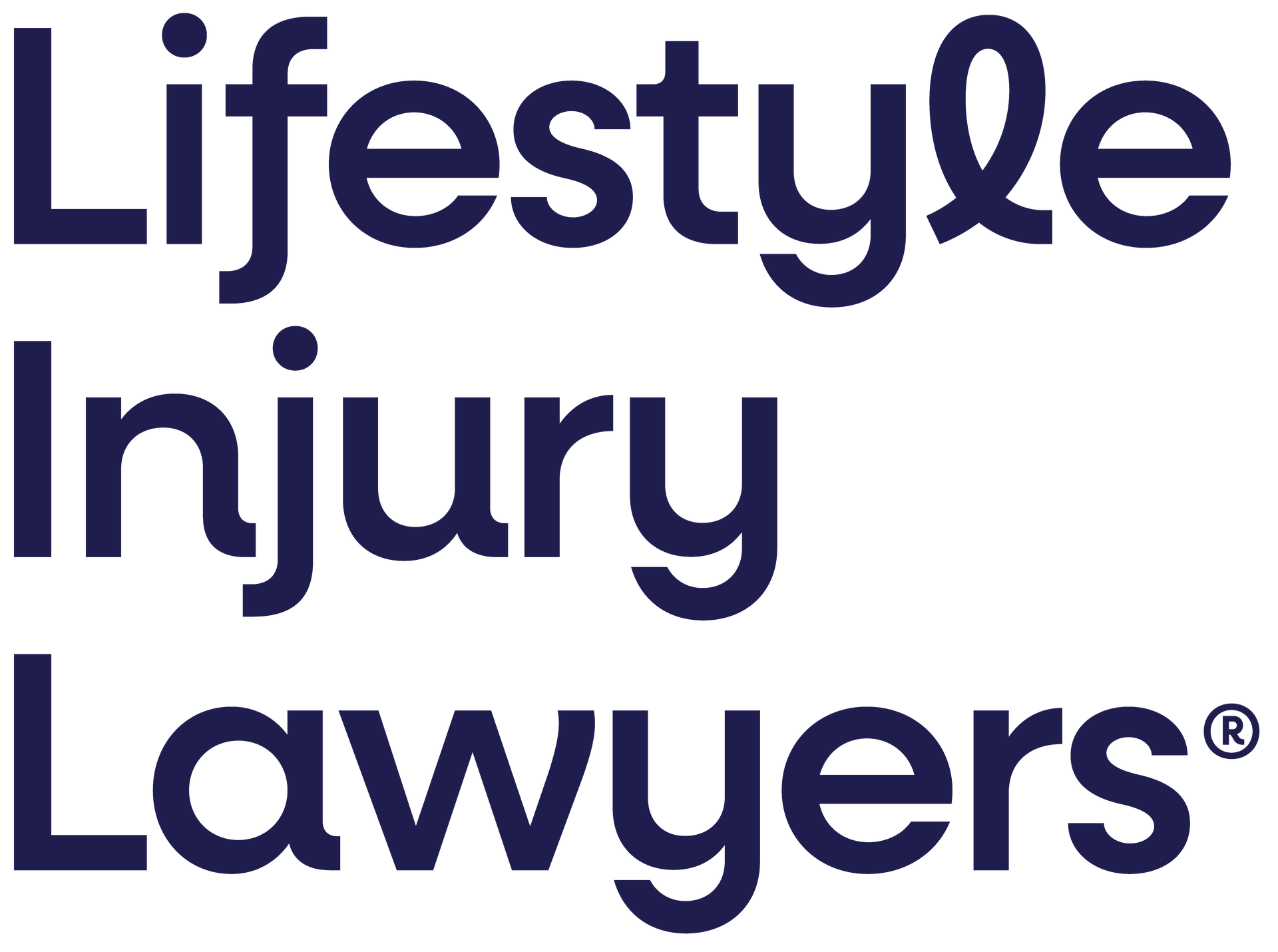What is a Dependancy Claim?
Accidents resulting in death are a tragic and unfortunate fact of life. But where the person who dies was the main breadwinner in a family, the consequences of their passing can be very severe for the surviving family members.
In recognition of that fact, dependants of a deceased person who died in an accident for which another person was negligent are able to make a dependency claim for the loss arising from their loved one’s death.
This is the case whether the deceased was killed in a motor vehicle accident, a workplace accident, an accident in a public or private place, as a result of a medical procedure gone wrong or even as a result of using a faulty product. Dependency claims are also sometimes referred to as ‘wrongful death’ claims.
There are a number of criteria you must meet in order to make a dependency claim, which this article will address, but if you believe you’re entitled to make such a claim you should consult expert legal professionals to advise you on the best way to proceed.
Who is eligible to make a dependency claim?
Those who can claim they are entitled to compensation because they were financially dependent on the deceased include:
- the deceased’s husband, wife or de facto partner;
- the parents of the deceased, including step-parents and grandparents;
- any children of the deceased, within or outside of marriage, including adopted children, stepchildren, grandchildren or any other child for whom the deceased had assumed responsibility. A child also includes progeny of the deceased born after their death.
For a dependency claim to succeed an eligible person must establish two things: that they were financially dependent on the deceased, and that the party they allege was negligent in causing the death of the deceased would have been liable to compensate him or her for injuries caused by the accident had they survived.
What types of costs can be recovered?
A dependency claim can encompass loss of the deceased’s wages or earnings, loss of their superannuation, medical treatment expenses and funeral expenses. In some circumstances, damages can also be awarded for the loss of services the deceased provided such as housekeeping, house maintenance and garden services. Damages for loss of ‘consortium’ and ‘servitium’ – meaning, respectively, the intimate relationship between spouses, and the domestic services they provided – may also be awarded subject to certain thresholds.
Damages are not recoverable for grief, sorrow and other distress resulting from the loss of the deceased. The loss a dependency claim seeks to compensate is the financial benefit the dependants expected to receive from the deceased during the deceased’s life.
An individual family member may also be able to make a common law claim for nervous shock if they witnessed or were exposed to the immediate aftermath of the death of the deceased.
Factors a court considers in determining the amount of a compensation a dependant is entitled to include:
- the length of the relationship and the level of dependency of the dependant/s;
- the deceased’s contribution towards the shared expenses of everyday living;
- the loss of income;
- any future expenses.
It should also be noted that only one action can be brought as a dependency claim under s 651(1) of Queensland’s Civil Proceedings Act. This means that a personal representative of the deceased, or one or more members of the deceased’s family, can bring the action but that any amounts awarded as damages must be then apportioned where there are multiple dependants. If one or more dependants are a minor, the settlement money must be sanctioned by the Supreme Court of the Public Trustee of Queensland.
Time limits and the need for expert advice
MIn Queensland, to make a dependency claim the action must be commenced within three years of the date that the cause of action arose, i.e. the death of the close family member.
When a loved one dies tragically through the negligent action or omission of another, it’s natural to experience shock, grief and ongoing trauma. That means dealing with the steps involved in making a dependency claim outlined above is made even more difficult.
And that’s why consulting expert compensation lawyers such as Lifestyle Injury Lawyers is a sensible option, saving you time and stress in putting together the claim within the statutory timeframe. If you’ve lost a loved one on whom you and your family were dependent, contact our Gold Coast personal injury lawyers today for a free, no-obligation consultation on 1800 491 688.





